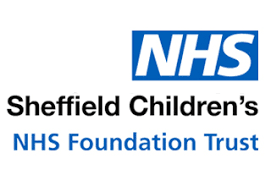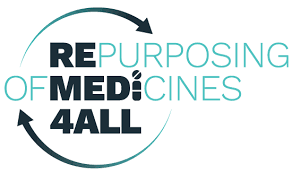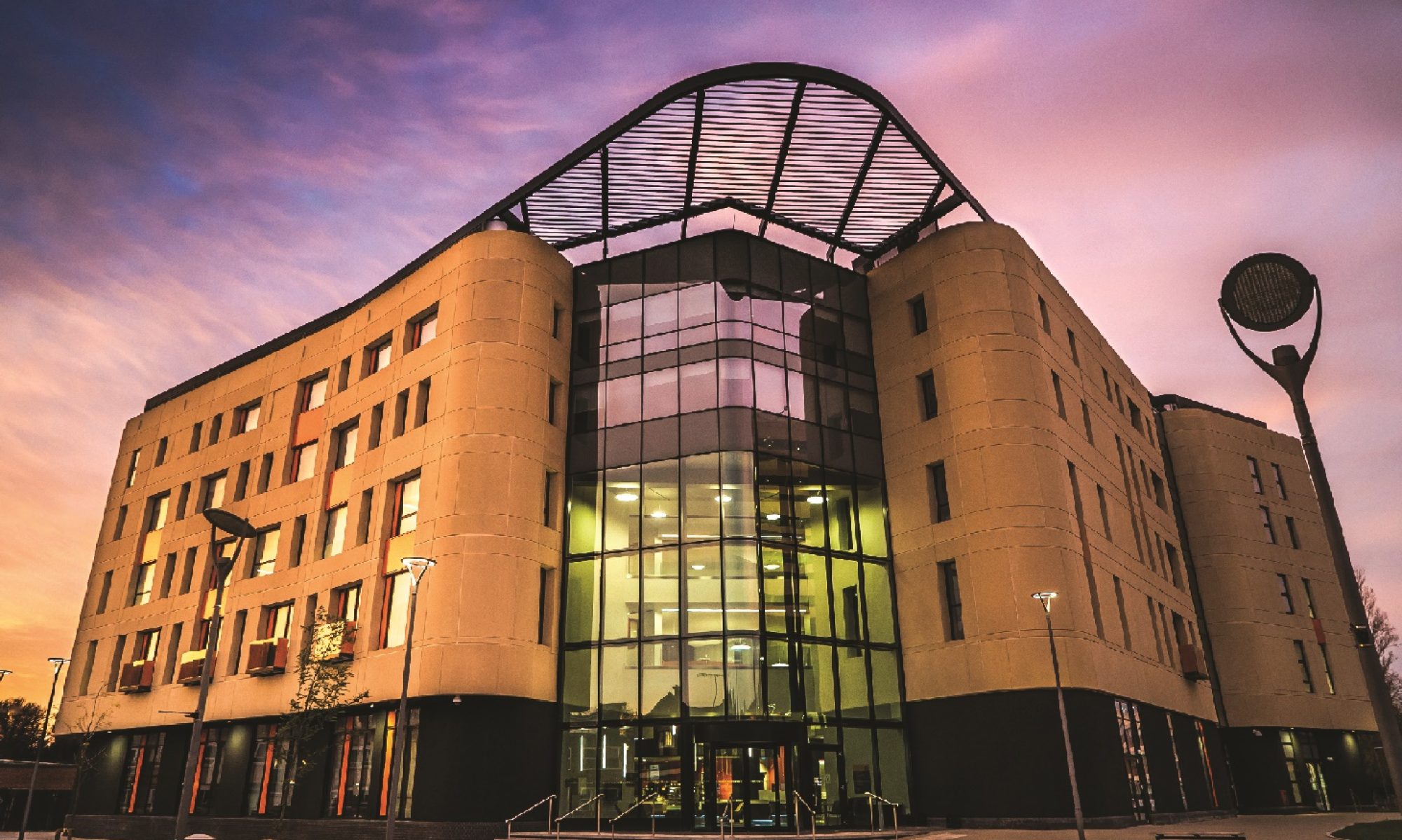
Study Design: Randomised Controlled Trial Phase II / Pilot
Disease Area: Rare Disease
Funder: UKRI funded as part of a wider programme REMEDi4ALL within the Horizon Europe
Co-Sponsors: Sheffield Children’s NHS Foundation Trust, UK and IRCCS Istituto Ortopedico Rizzoli, Bologna, Italy
Chief Investigator: Professor Nicholas Bishop and Professor Luca Sangiorgi
Trial Registration: ISRCTN13317811
Matrix-Directed Therapy In Older Adolescents And Adults With Osteogenesis Imperfecta (MOI-A)
-
Project overview
-
Trial Team
-
Participating Sites
-
Patient Information
-
Dissemination
Summary
Osteogenesis imperfecta (OI) is the commonest inherited cause of bone fragility (approx 1 in 16,000). People with OI suffer bone fragility causing fractures, pain and deformity; sarcopenia causing fatigue and poor endurance; aortic root dilatation and hearing loss. The range of severity is broad with severely affected individuals at risk of early death e.g. from respiratory failure in infancy, or progressively deforming bone disease that leaves them permanently wheelchair bound with scoliosis, basilar invagination and intractable pain. Even the more mildly affected individuals have an increased risk of fracture and suffer with easy fatigability.
No drug currently has market authorisation to treat OI. Current standard-of-care is multidisciplinary, with pharmacological interventions – primarily bisphosphonates directed at increasing bone mass; however, such interventions are of equivocalefficacy. The structural damage that can accumulate as a result of repeated fractures over time may not be reversible. The lack of a treatment with clearly defined efficacy in terms of reducing fracture frequency or the sarcopenia that is increasingly recognised in this condition leads to the consideration of alternatives based on what is known about the molecular pathophysiology of the condition.
Existing approaches to the treatment of OI focus on increasing bone mass as a means to address the loss of bone mass, degradation of microarchitecture and the alteration in bone material properties that renders the bone brittle. We suggest that by reducing circulating TGFb levels (see below for supporting evidence) through the use of our intervention, we will both reduce bone turnover and bone loss and have a positive effect on muscle function and quality of life.
We hypothesise that losartan will reduce bone turnover in older adolescents and adults with OI by reducing circulating levels of TGFβ and hence TGFβ pathway signalling, which has been demonstrated in mouse models of OI to improve bone mass and architecture. We aim to identify the dose of losartan that is effective in reducing circulating levels of CTX, a bone resorption (destruction) marker, without causing undue side effects.
What we plan to do
Our primary clinical objective is to establish the effective dose of losartan in 30 older adolescents and adults aged 16 years and above with OI, based on maximal reduction in the bone resorption marker carboxy-terminal crosslink of type I collagen telopeptide (CTX).
Chief Investigator
UK - Prof Nicholas Bishop Professor of Paediatric Bone Disease - University of Sheffield and Sheffield Children's Hospital NHS Foundation Trust
Italy - Prof Luca Sangiorgi Professor of Clinical Genetics and Rare Skeletal Diseases - Rizzoli Orthopaedic Institute
HHTU Study team
Mahboobeh Haji Sadeghi - Trial Manager
Amy Wilkinson - Trial Manager
Judith Cohen - Director
Bronwen Williams - Operations Manager
Chao Huang - Statistician
Sarah Sumpter - Senior Data Manager
Amy Porter - Data Support/Trial Administrator
Laura Simms - Data Manager
Collaborators
Dr Paul Dimitri Director of Research & Development - Sheffield Children’s Hospitals NHS Foundation Trust
Participating Sites and their Project Investigators
UK Sites including the contact details
- Sheffield Children's Hospital (Sheffield) Dr Stephanie Borg
01142 717417
research.sheffchild@nhs.net
- Sheffield Teaching Hospitals Northern General (Sheffield) Dr Jennifer Walsh
01142 266571
j.walsh@sheffield.ac.uk
- Royal National Orthopaedic Hospital Stanmore (London) Dr Judith Bubbear
020 39470462
amitpatel13@nhs.net
Italy Sites
- Policlinico Borgo Roma - Università degli Studi di Verona (Verona)
- Center for Congenital Osteodystrophy - Sapienza University (Roma)
Publications
Haji Sadeghi M, Cohen J, Williams B, Wilkinson A, Sumpter S, Simms L, Huang C, Pugh K, Heath C, Sangiorgi L, Gurioli F, Gnoli M, Moroni A, Leopardi MP, Del Coco C, Bishop N. Matrix-directed therapy losartan to identify the effect on the bone resorption marker carboxy-terminal crosslink of type I collagen telopeptide (CTX) in older adolescents and adults with osteogenesis imperfecta recruited from secondary care sites: the 'MOI-A' study; a randomised, phase 2/pilot, dose-escalating trial. BMJ Open. 2025 Dec 7;15(12):e107243. doi: 10.1136/bmjopen-2025-107243.
Conference presentation
Sadeghi MH, Cohen J, Sangiorgi L, Williams B, Sumpter S, Simms L, Huang C, Pugh K, Gurioli F, Gnoli M, Moroni A, Piccini Leopardi M, del Coco C3, Bishop N (2024) Challenges and solutions in the set-up of an international, cross-boundary, repurposing clinical trial for Osteogenesis Imperfecta. International Drug Repurposing Conference 2024, Barcelona 6-7 March 2024.
Collaborators





